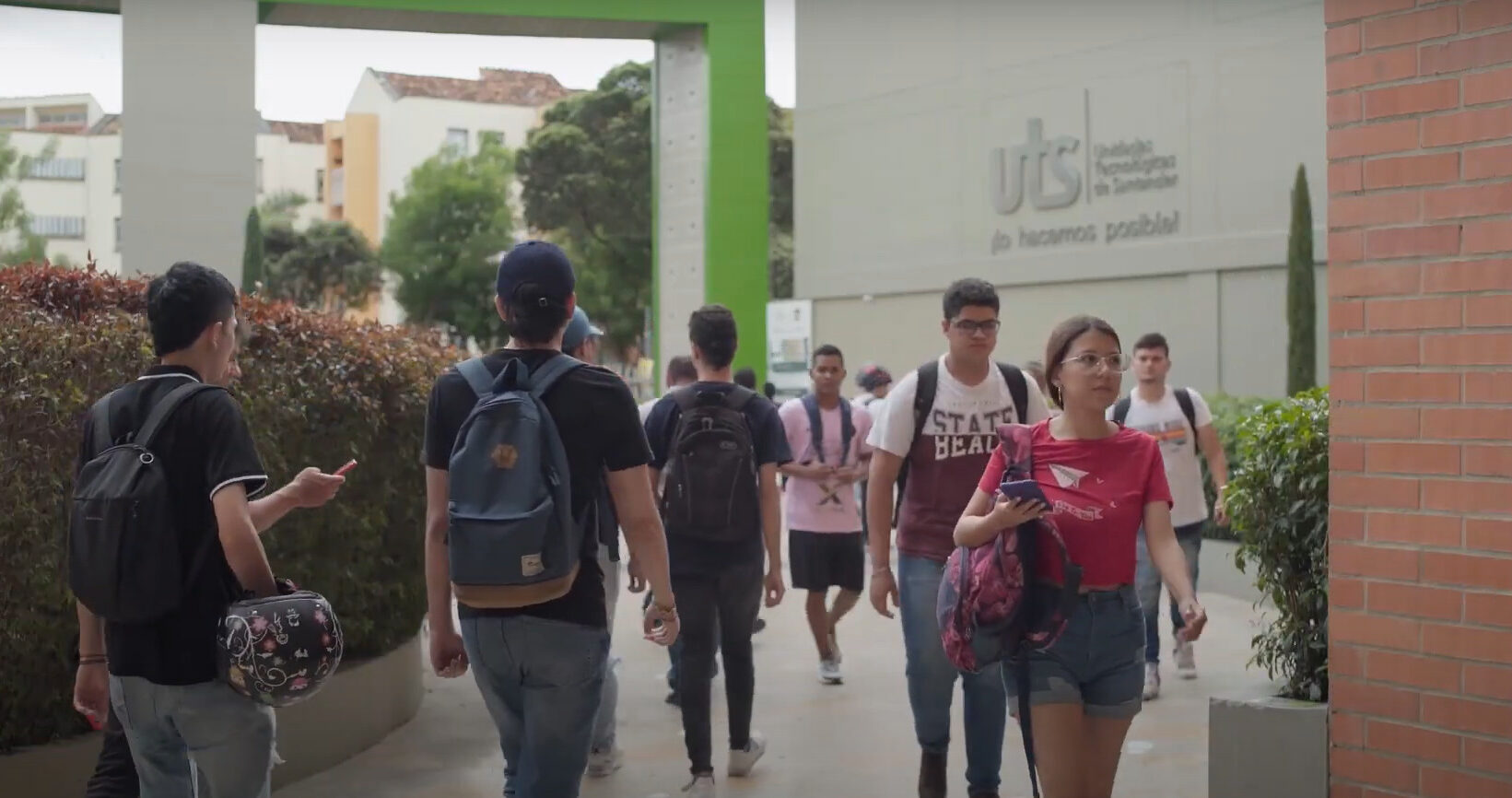3 473 young beneficiaries
of the program with access employability and job placement support services


3 473 young beneficiaries
of the program with access employability and job placement support services
78% of women
very satisfied with the relevance of the employability support services provided by the program
82% of women

536 jobs offered
4 customized promotional campaigns

28 755 933 people
exposed to the promotion campaigns, exceeding the target of one million.

Sharing experiences is much more than just transferring knowledge; it is about generating knowledge and joint learning. In this sense, one lesson learned is the value of regional dialogue among countries on communication strategies, recognizing both differences and commonalities.
We need to identify the digital gap on a case-by-case basis and see how to connect these needs to further education that also guarantees jobs. We need a culture of digitization of education. Digitization was not only relevant and useful during the pandemic, but something that should remain in place on an ongoing basis in order to improve the quality of education.
Unfortunately, people who enter technical and technological careers generally have lower salaries and less social protection, which causes a chain reaction of inequalities that persists.
Good communication of the services offered by training institutions is essential, through different communication channels that reach the students, so they can access them when they need them.
Foster comprehensive communication strategies that promote more than just access to TVET, but that also highlight the contribution of TVET to the development of the country and its productive sectors, and especially of people, their territories, and communities. Their development should also involve interdisciplinary teams from different units within the ministries of education and educational institutions, and a gender perspective should be included throughout the process.
Since there is a generation gap between instructors and students, who are younger and more used to using new technologies, continuous training should be provided to instructors and administrators, so they develop the required skills.
We need to ask ourselves how TVET really leads to a guaranteed quality job, and how to avoid policies that lead to precarious employment.
Develop customized training oriented to the talents and abilities of students and instructors. This provides an opportunity to develop new training programs in alignment with the strategic needs of the specific territory and the productive sector.